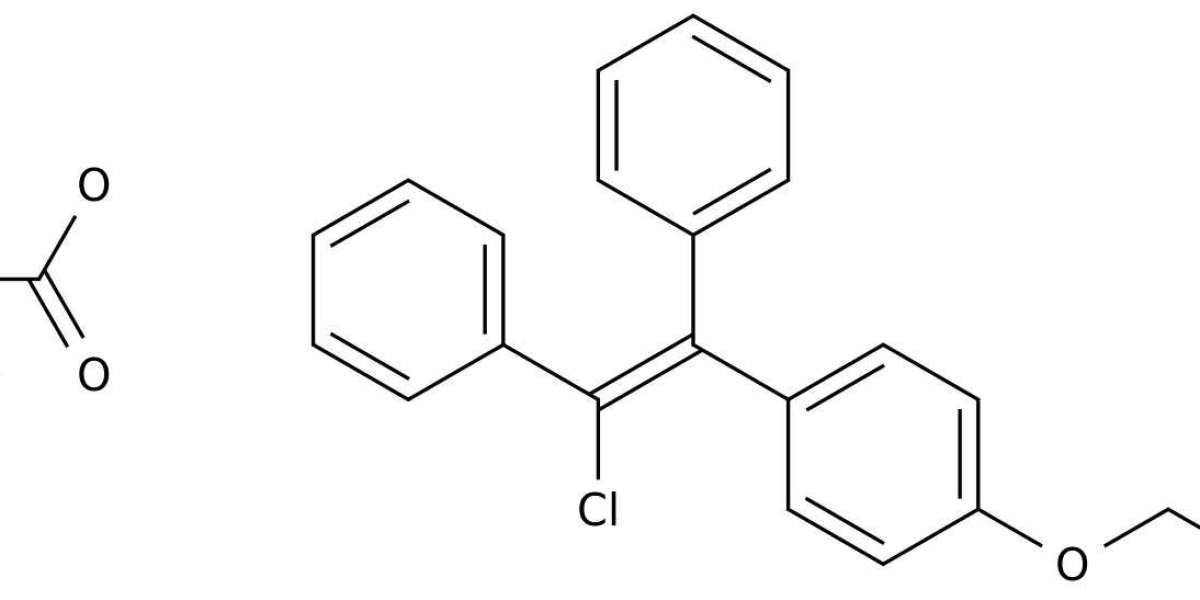Men with secondary hypogonadism are characterized by exhibiting low total T and low to low-normal LH and FSH. Clomiphene citrate (CC) has been used for many years to increase LH, FSH, and T in hypogonadal men; however, CC is not approved by the Federal Drug Administration for this use. Enclomiphene citrate (Androxal, Repros Therapeutics Inc), the transisomer of CC, may be able to achieve these same effects in more men. Based on both our preclinical and clinical development, we believe that the use of a single isomer with pure estrogen (E) antagonism (enclomiphene citrate) must have improved activity versus a mixture of isomers (CC) with both antagonism and agonism activities. Federal Drug Administration approval is an advantage for the prescribing physician but those men who have had previously had mixed results on CC should respond better as the isomer that would oppose E antagonism has been removed. Compared with enclomiphene citrate, whose half-life is 10.5 hours, the half-life of zuclomiphene, the other isomer in clomid, is 30 days. This study was undertaken to better determine the effects of enclomiphene citrate on reproductive hormones in men. The investigations were made before, during, and after treatment by using one of two doses of enclomiphene citrate in men with secondary hypogonadism. A topical T gel, Testim (Auxilium Pharmaceuticals, Inc.), was used as an active comparator.
Common to all exogenous forms of T supplementation are the potential risks of testicular atrophy and infertility. Exogenous T can normalize serum T levels, but FSH, LH, and intratesticular T levels are suppressed. Although the state of compromised fertility after T treatment is usually reversible, temporarily impaired spermatogenesis is a significant problem for men who are interested in concurrent fertility. In one recent review, the investigators noted that as many as 25% of urologists may be prescribing exogenous T to their patient in the erroneous hope of “curing” their infertility.
In an early phase II study in 52 men, we evaluated the potential of oral enclomiphene citrate to increase serum total T levels in men with secondary hypogonadism. Men who had low total T values at baseline had significant increases in serum total T levels after 2 weeks of oral therapy with enclomiphene citrate. The increase in total T was accompanied by increases in LH and FSH levels. Our more recently published study provided evidence that enclomiphene citrate increases total T in men (n = 11) with secondary hypogonadism who had been using topical T and also preserved or restored sperm counts. This effect was associated with increased endogenous levels of LH and FSH. The present study investigates men with secondary hypogonadism who were treated with one of two oral doses of enclomiphene citrate or a 1% topical T. This study population either had discontinued previous T treatment for at least 6 months or had never been treated.








